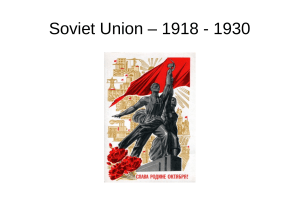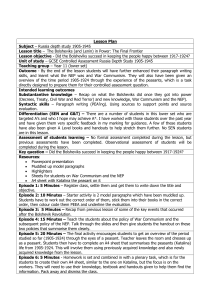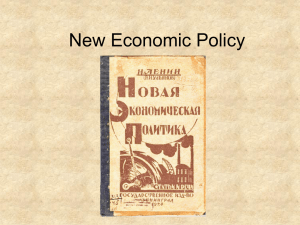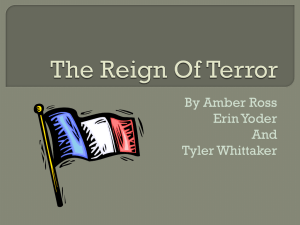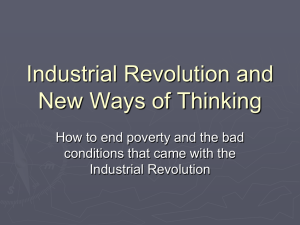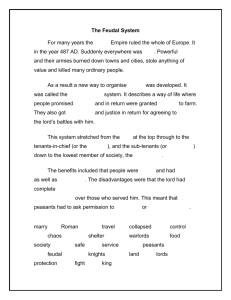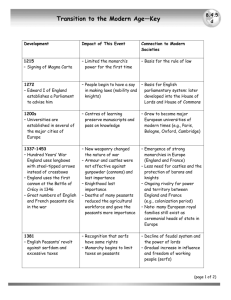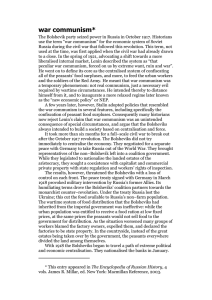Assess the impact of War Communism and the
advertisement
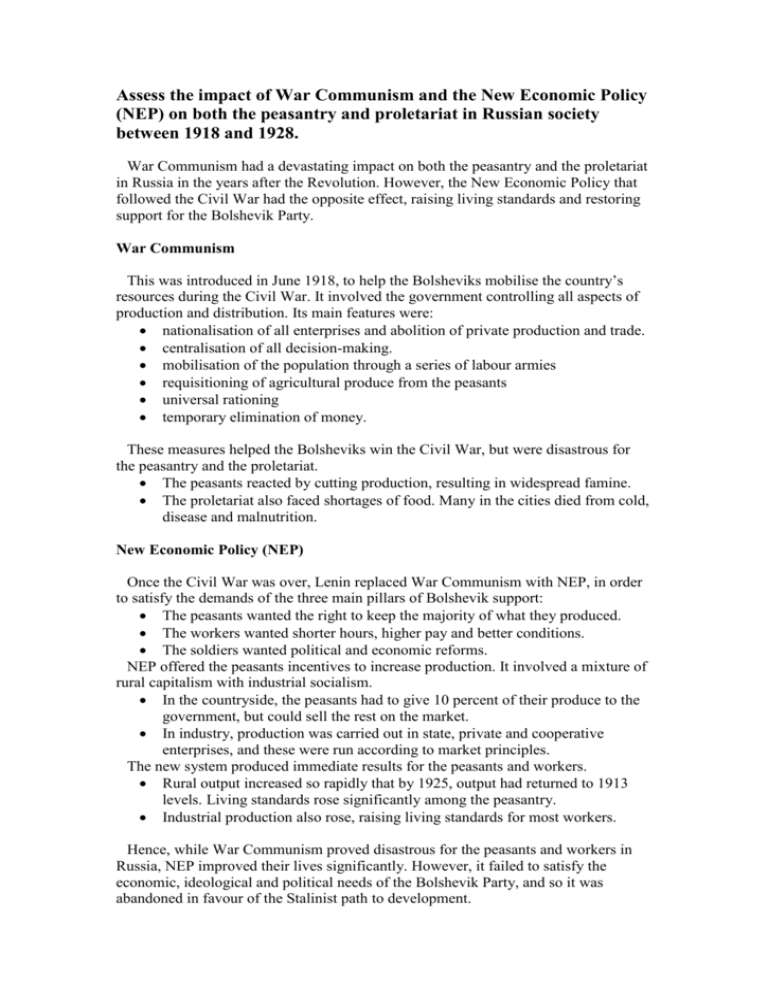
Assess the impact of War Communism and the New Economic Policy (NEP) on both the peasantry and proletariat in Russian society between 1918 and 1928. War Communism had a devastating impact on both the peasantry and the proletariat in Russia in the years after the Revolution. However, the New Economic Policy that followed the Civil War had the opposite effect, raising living standards and restoring support for the Bolshevik Party. War Communism This was introduced in June 1918, to help the Bolsheviks mobilise the country’s resources during the Civil War. It involved the government controlling all aspects of production and distribution. Its main features were: nationalisation of all enterprises and abolition of private production and trade. centralisation of all decision-making. mobilisation of the population through a series of labour armies requisitioning of agricultural produce from the peasants universal rationing temporary elimination of money. These measures helped the Bolsheviks win the Civil War, but were disastrous for the peasantry and the proletariat. The peasants reacted by cutting production, resulting in widespread famine. The proletariat also faced shortages of food. Many in the cities died from cold, disease and malnutrition. New Economic Policy (NEP) Once the Civil War was over, Lenin replaced War Communism with NEP, in order to satisfy the demands of the three main pillars of Bolshevik support: The peasants wanted the right to keep the majority of what they produced. The workers wanted shorter hours, higher pay and better conditions. The soldiers wanted political and economic reforms. NEP offered the peasants incentives to increase production. It involved a mixture of rural capitalism with industrial socialism. In the countryside, the peasants had to give 10 percent of their produce to the government, but could sell the rest on the market. In industry, production was carried out in state, private and cooperative enterprises, and these were run according to market principles. The new system produced immediate results for the peasants and workers. Rural output increased so rapidly that by 1925, output had returned to 1913 levels. Living standards rose significantly among the peasantry. Industrial production also rose, raising living standards for most workers. Hence, while War Communism proved disastrous for the peasants and workers in Russia, NEP improved their lives significantly. However, it failed to satisfy the economic, ideological and political needs of the Bolshevik Party, and so it was abandoned in favour of the Stalinist path to development.
